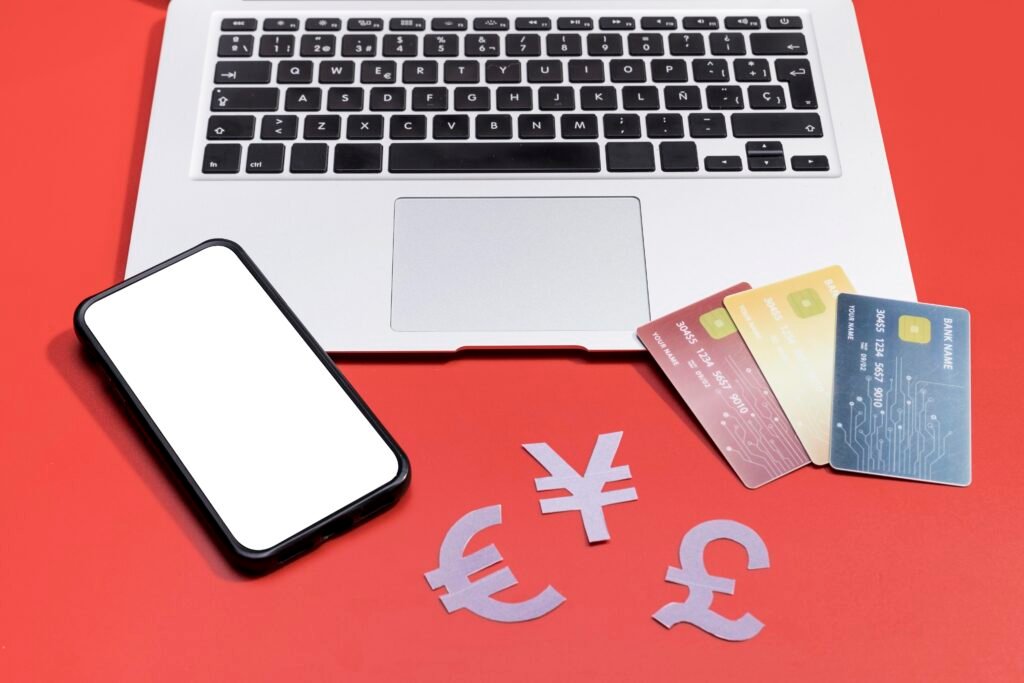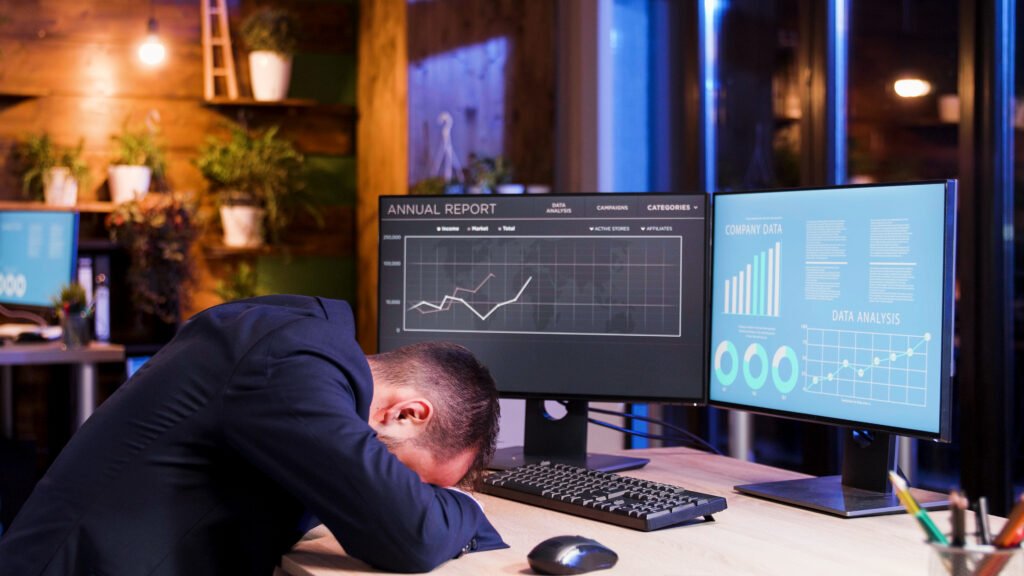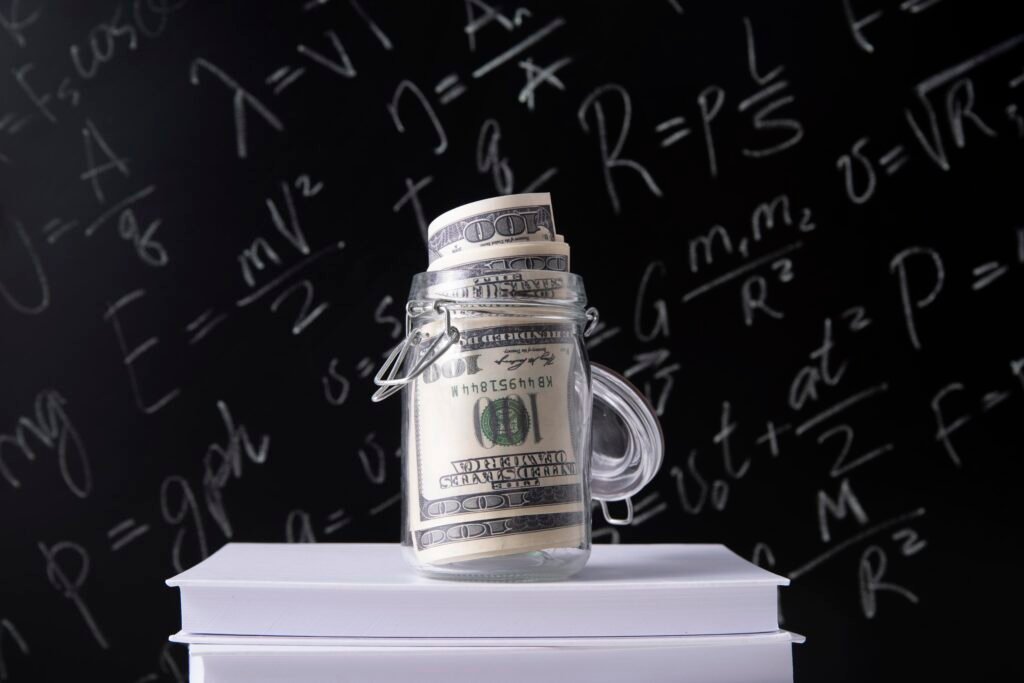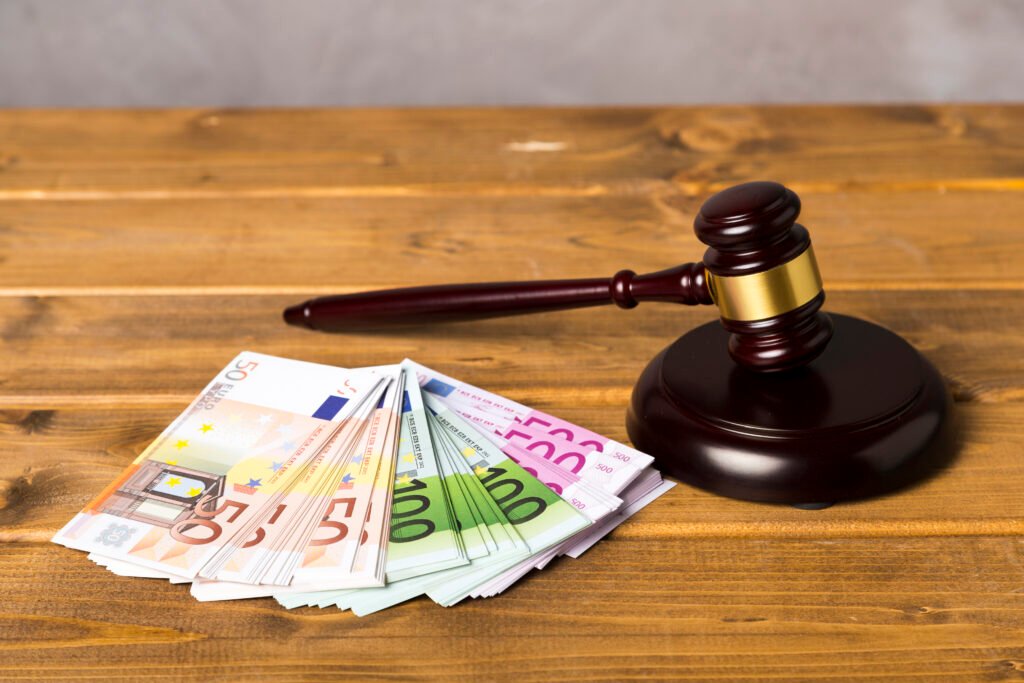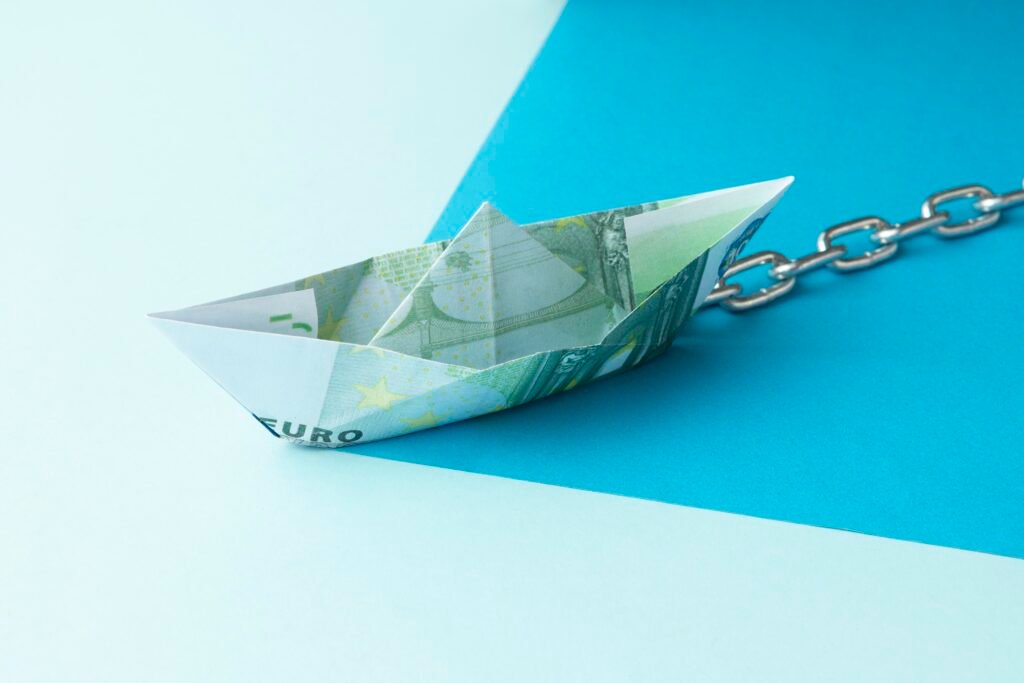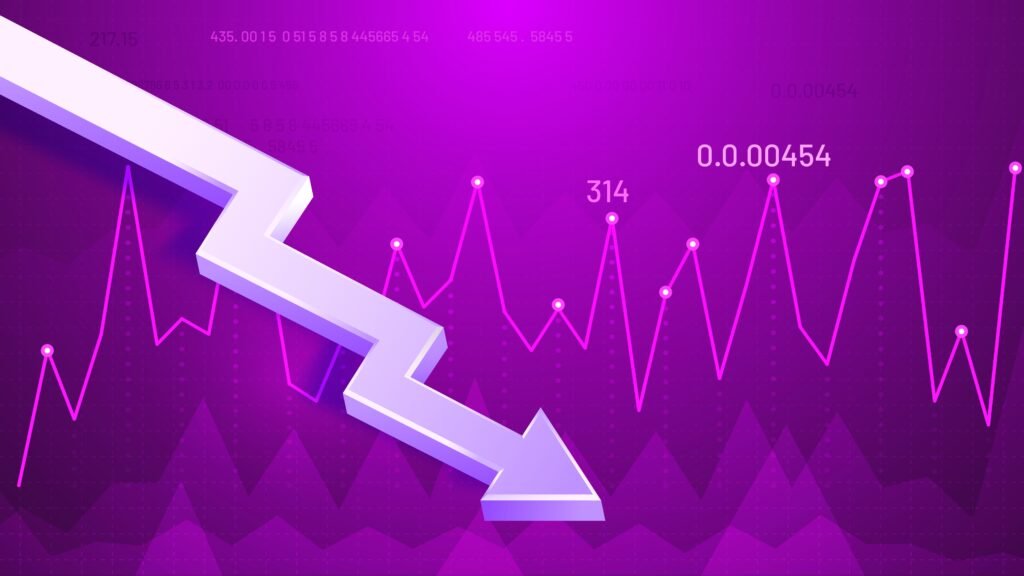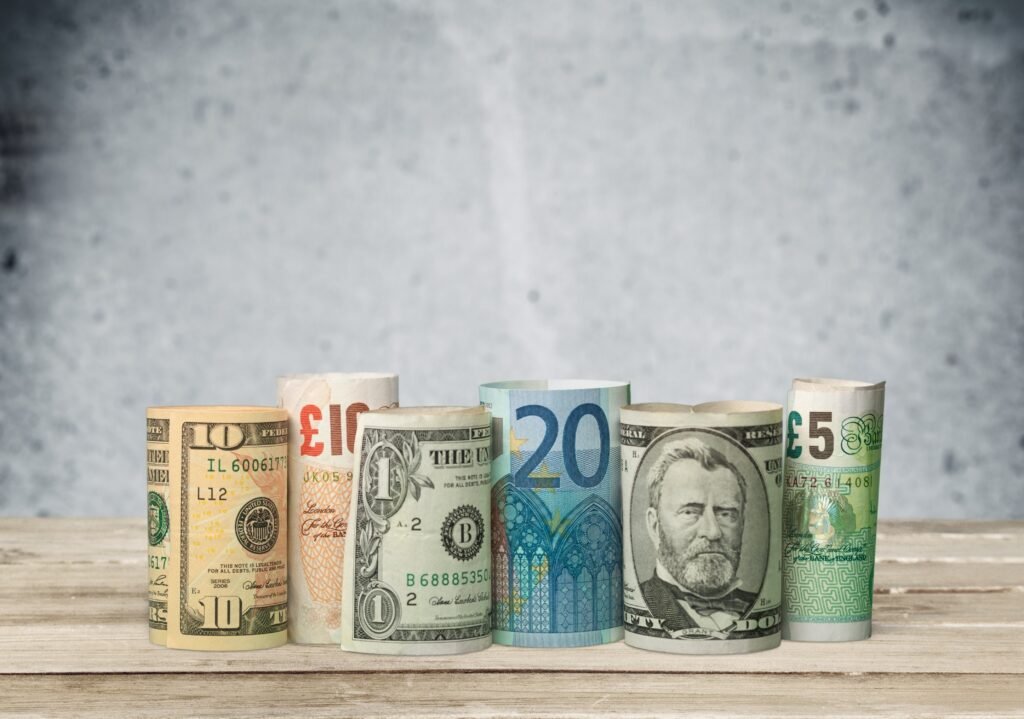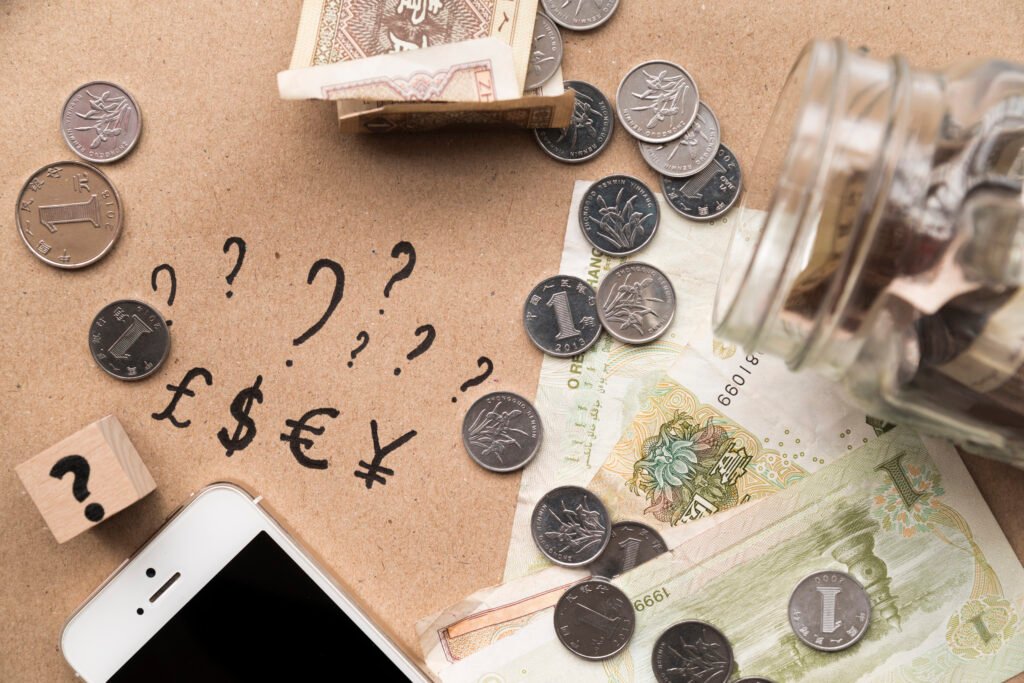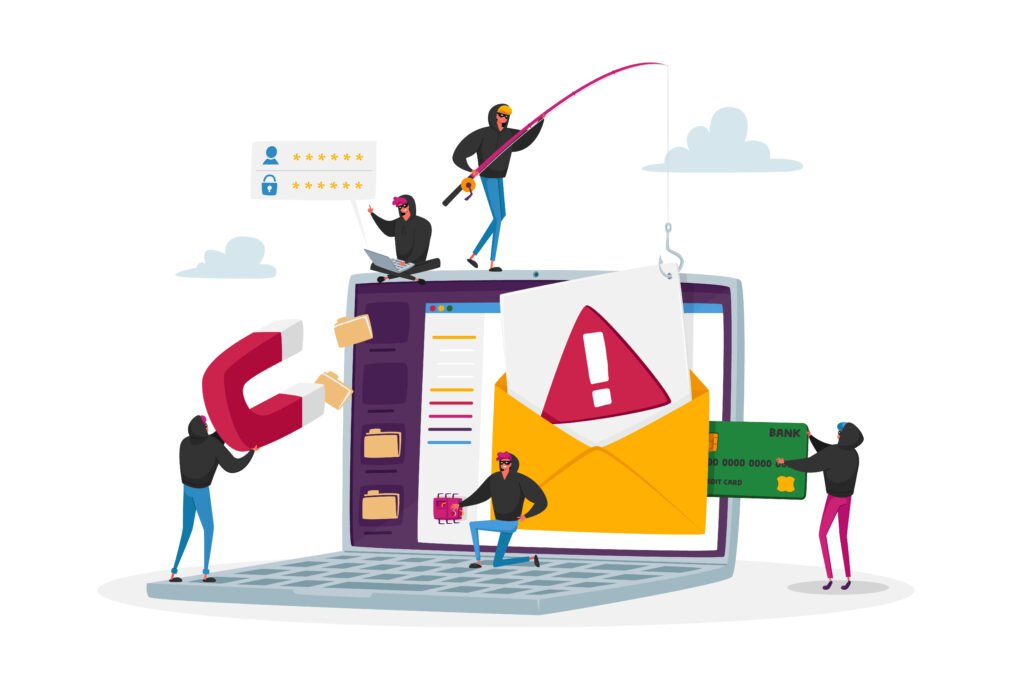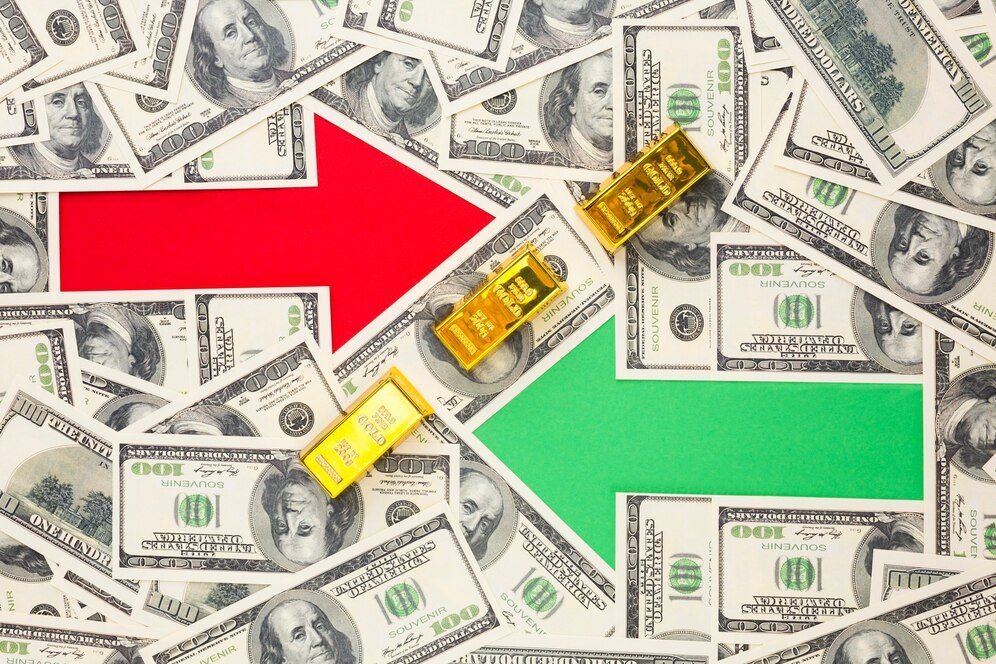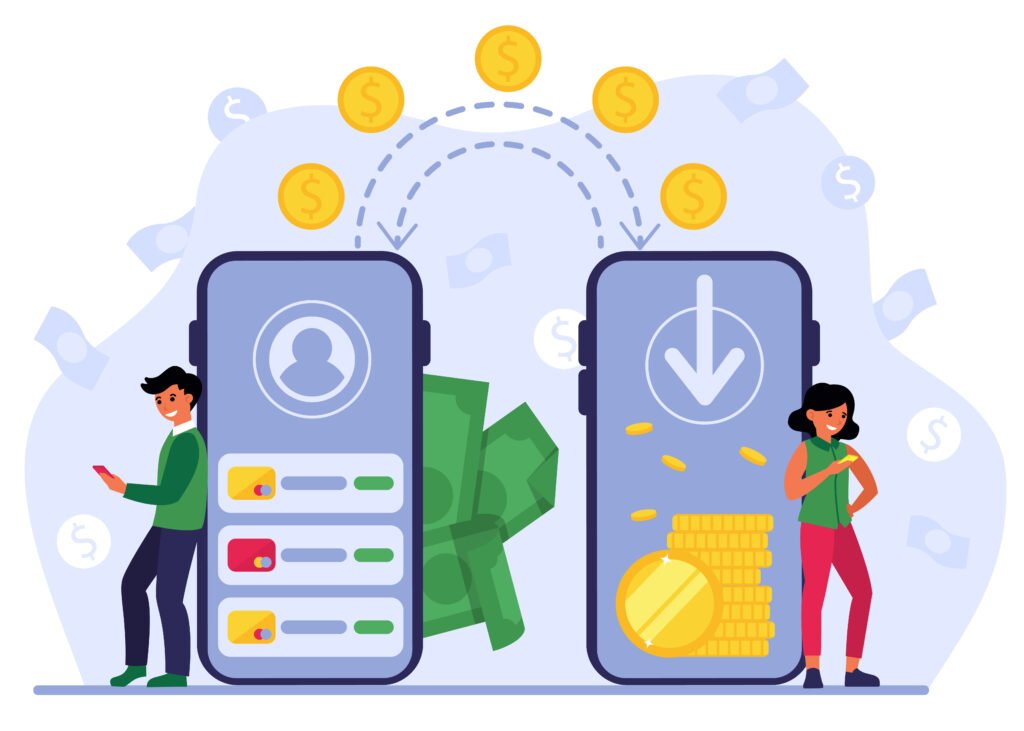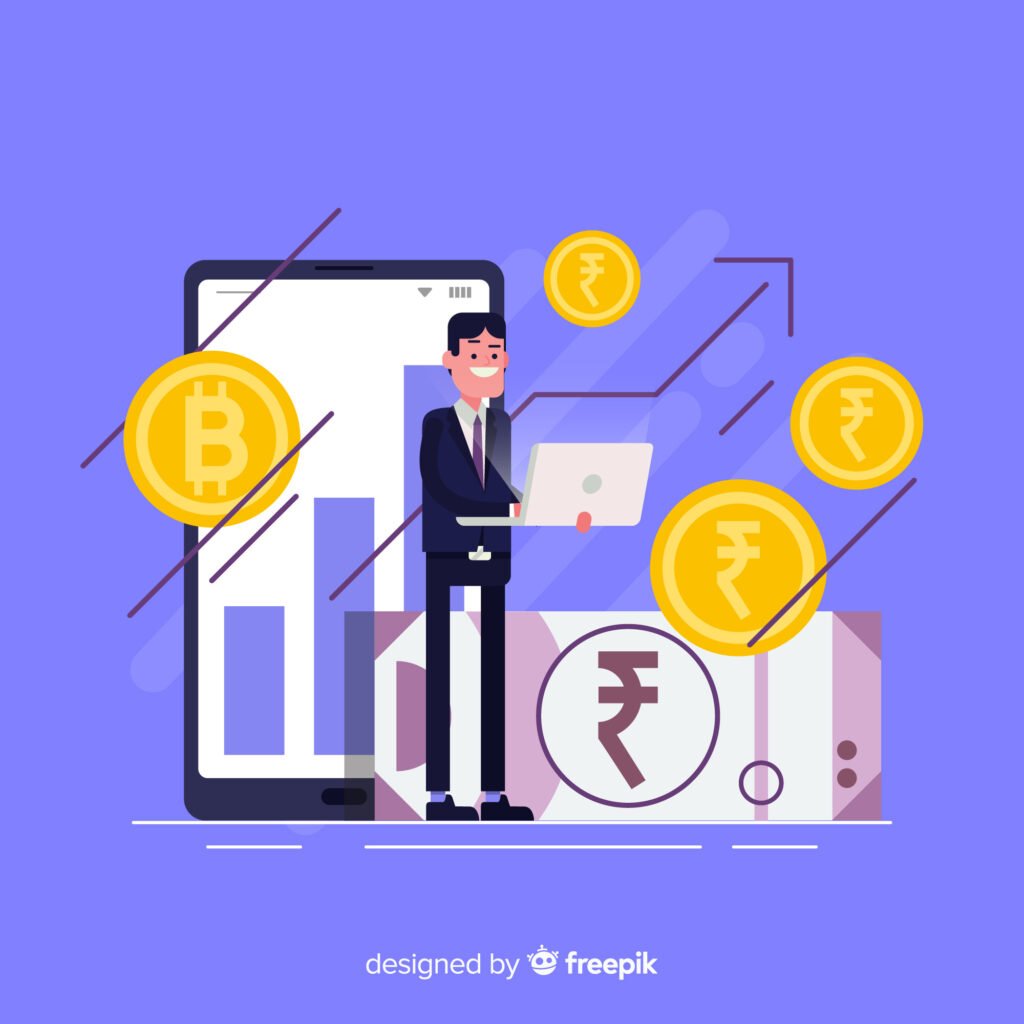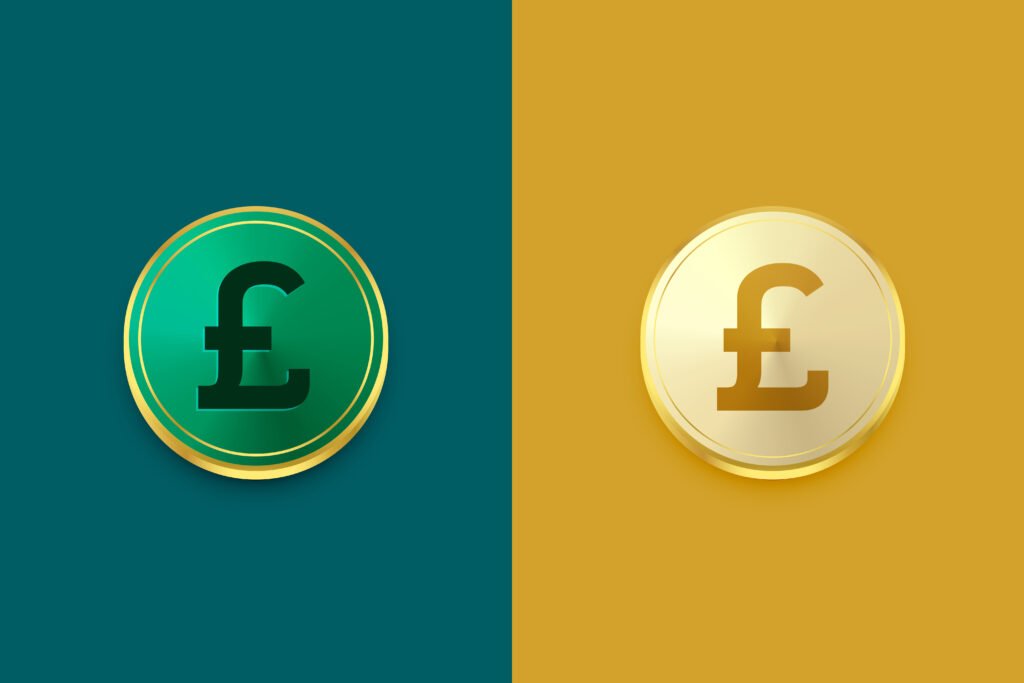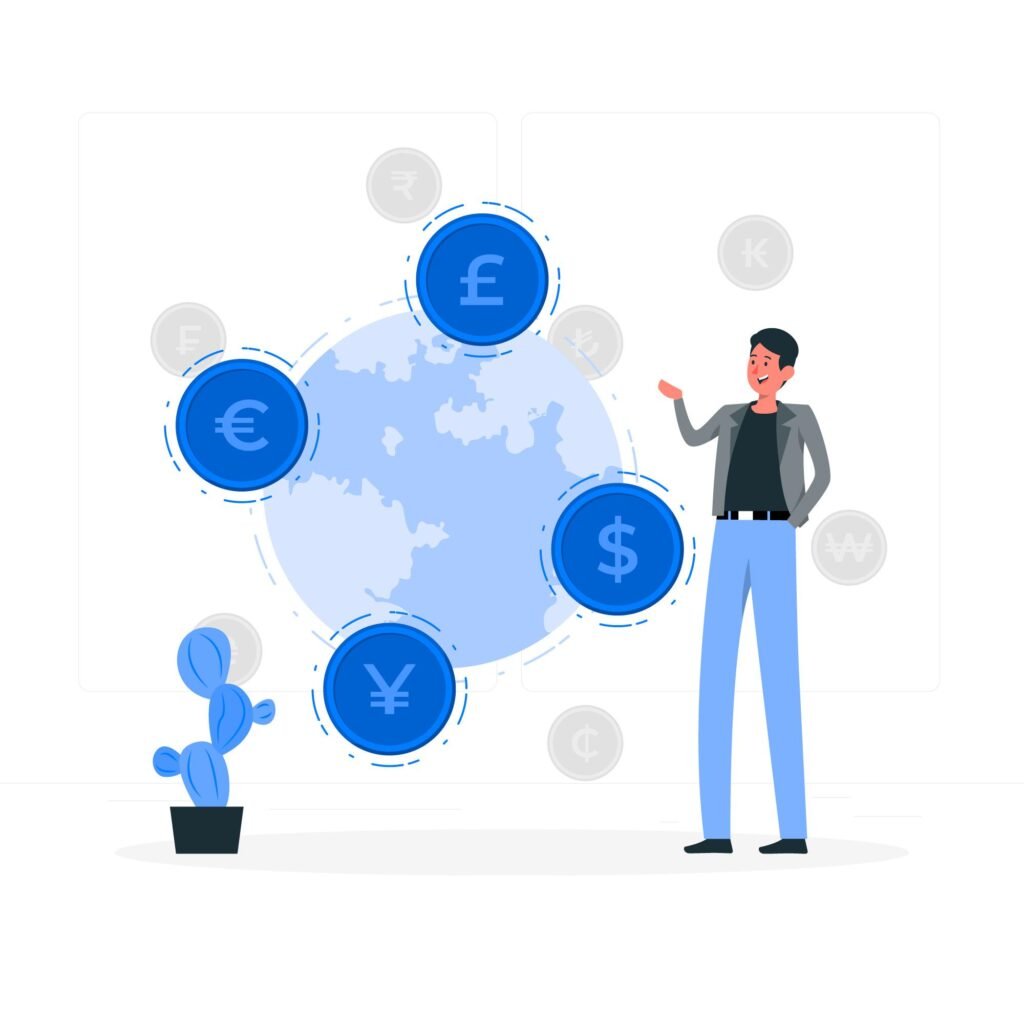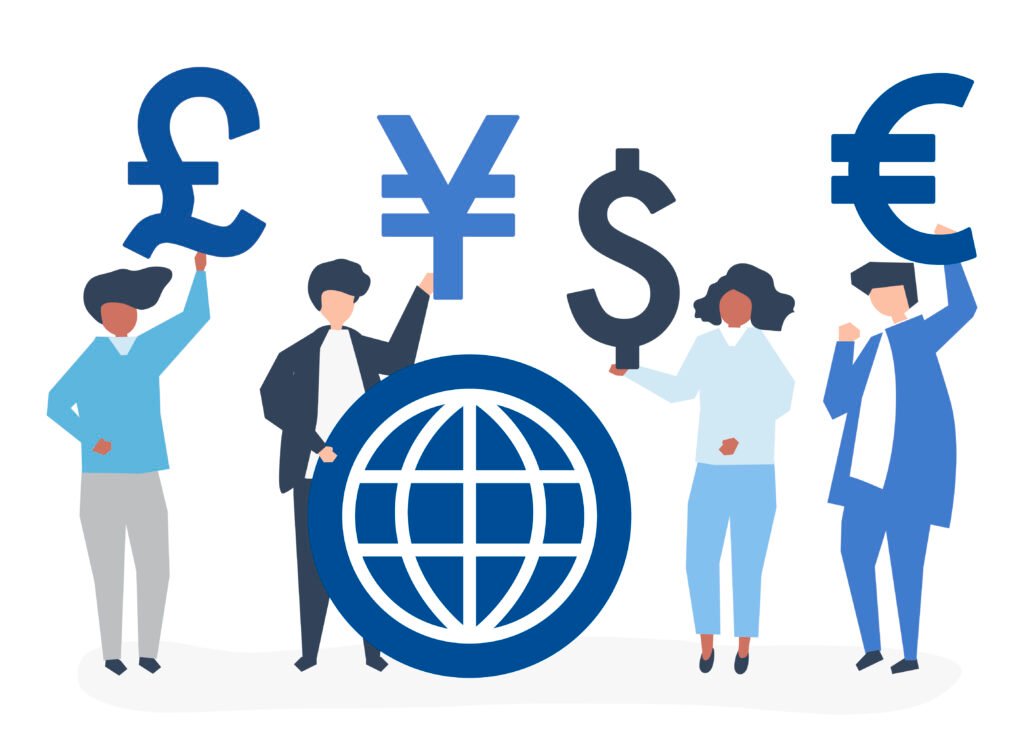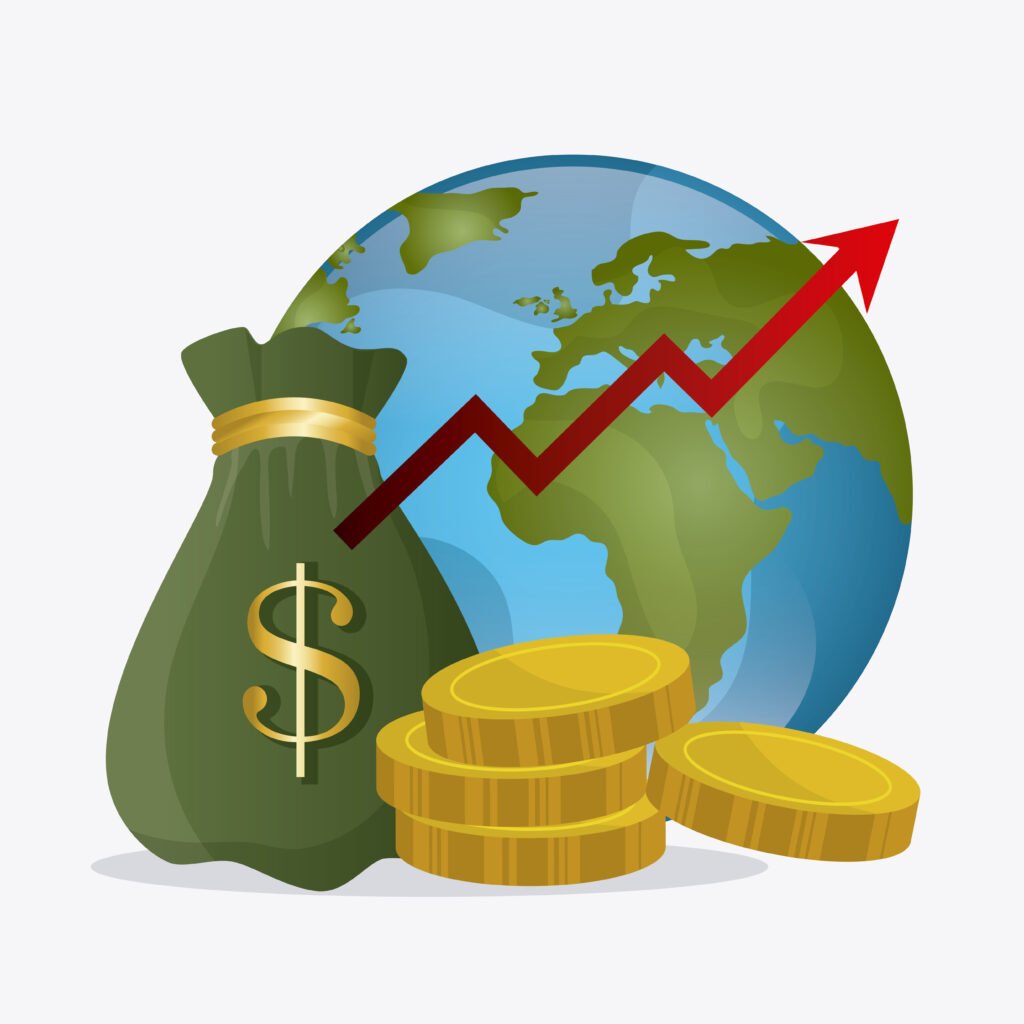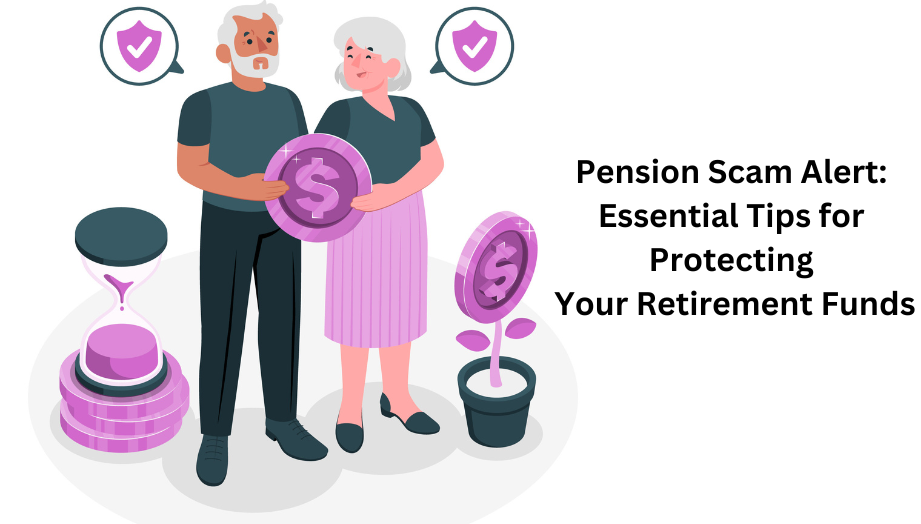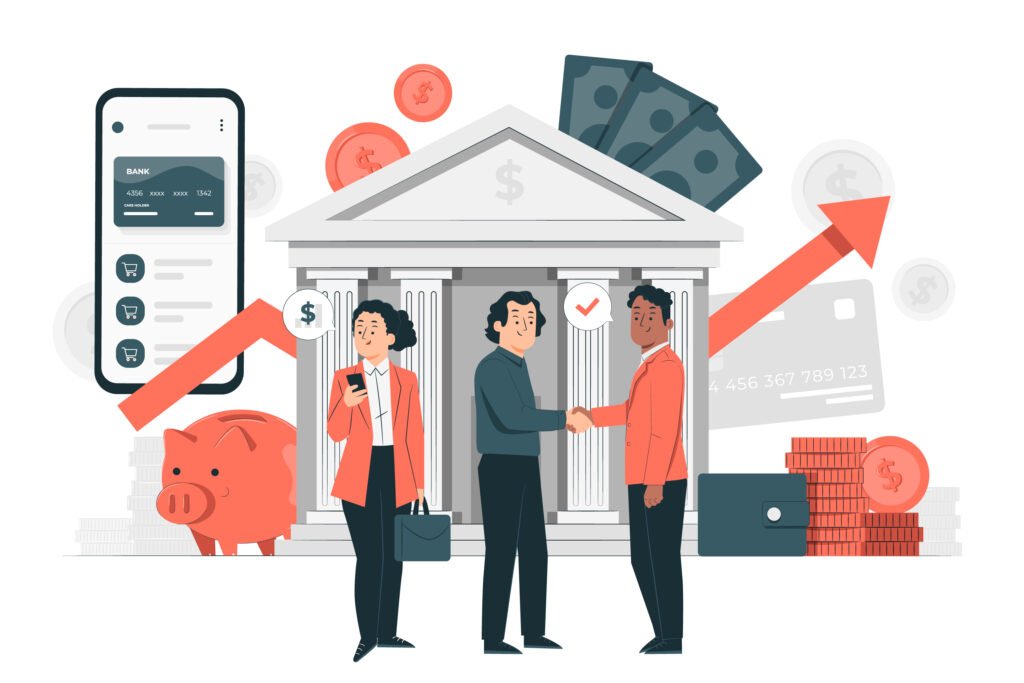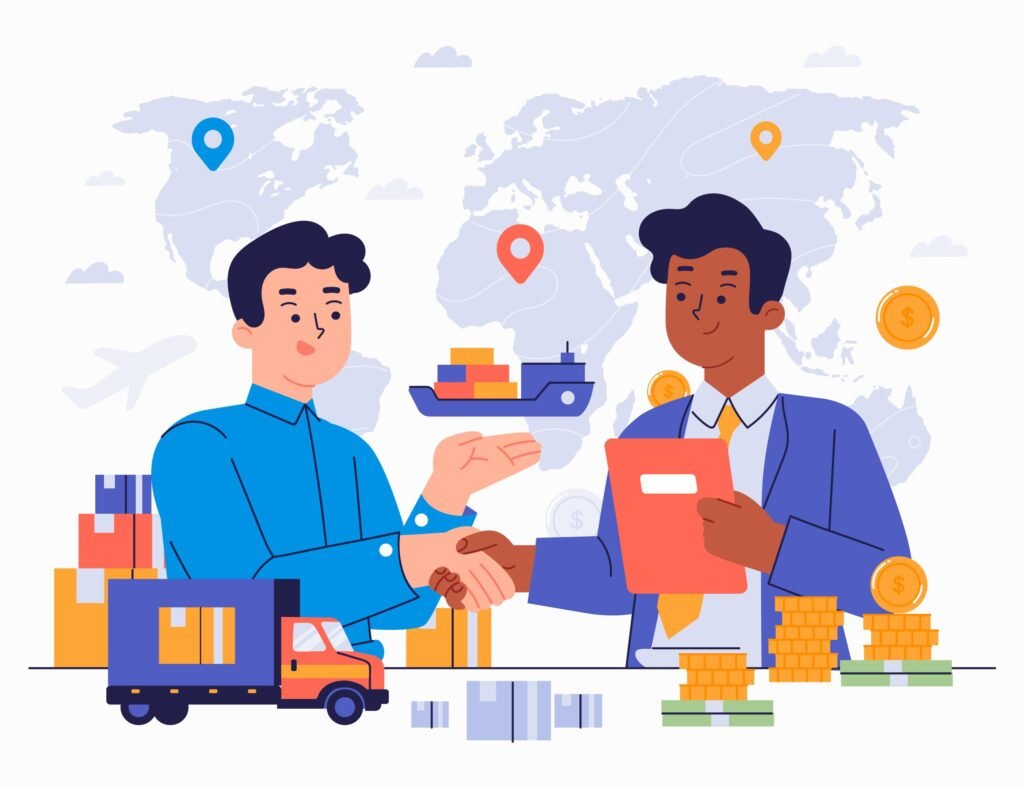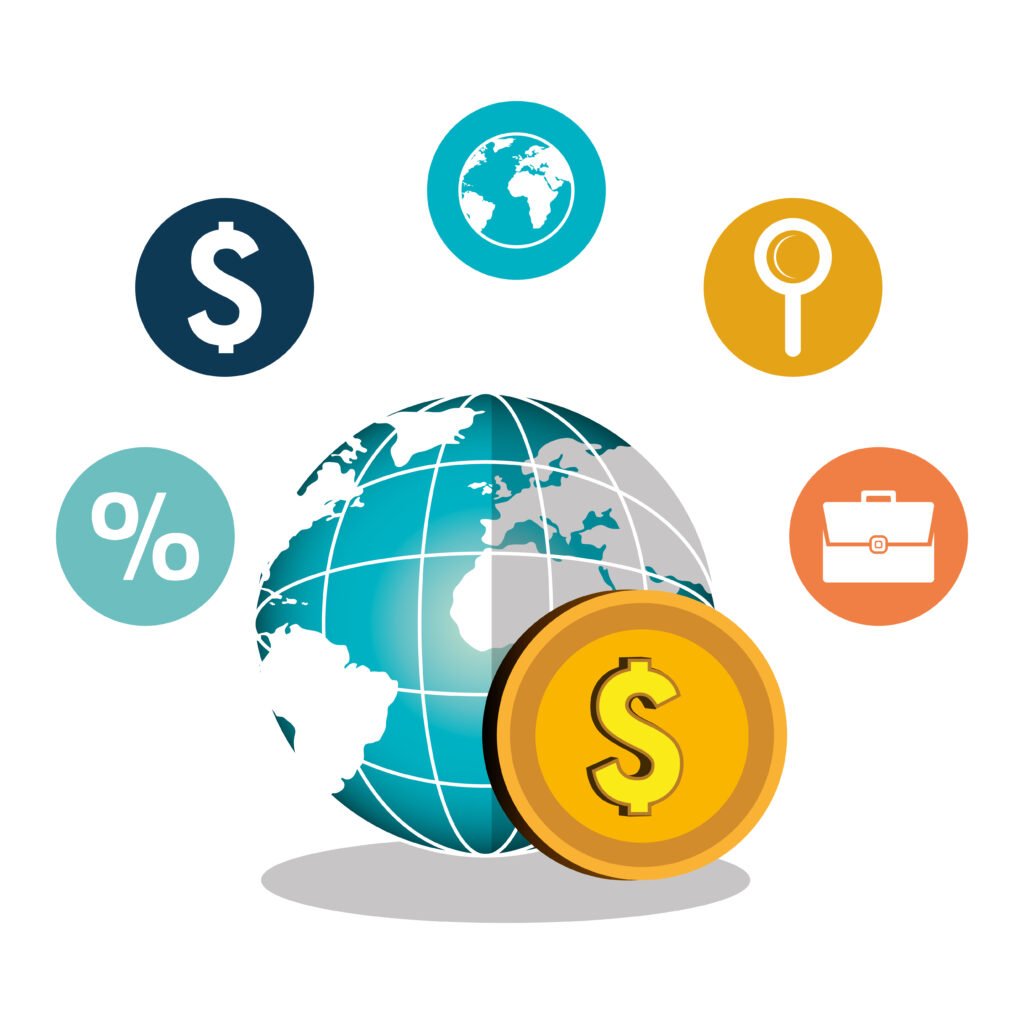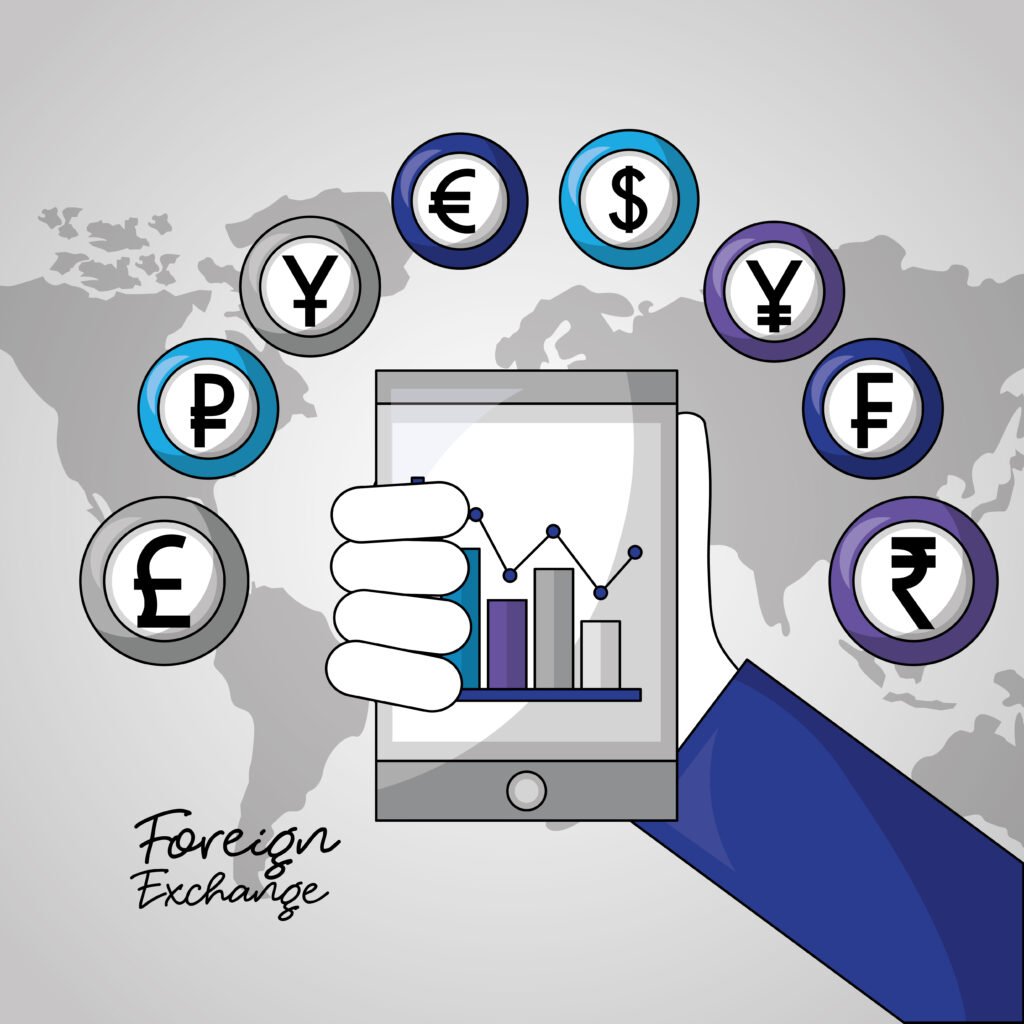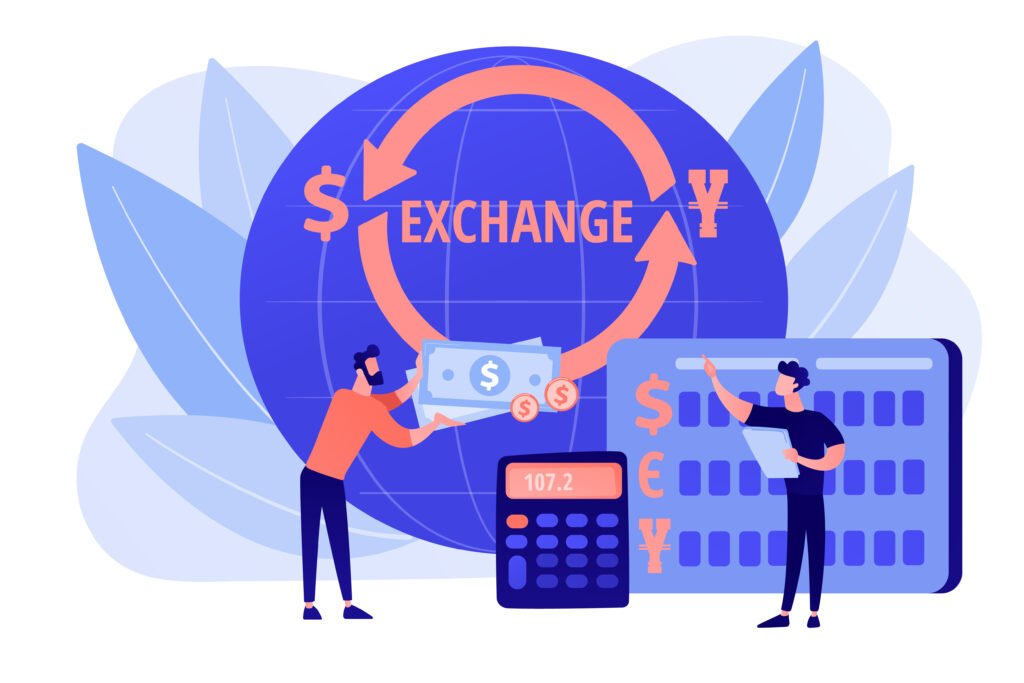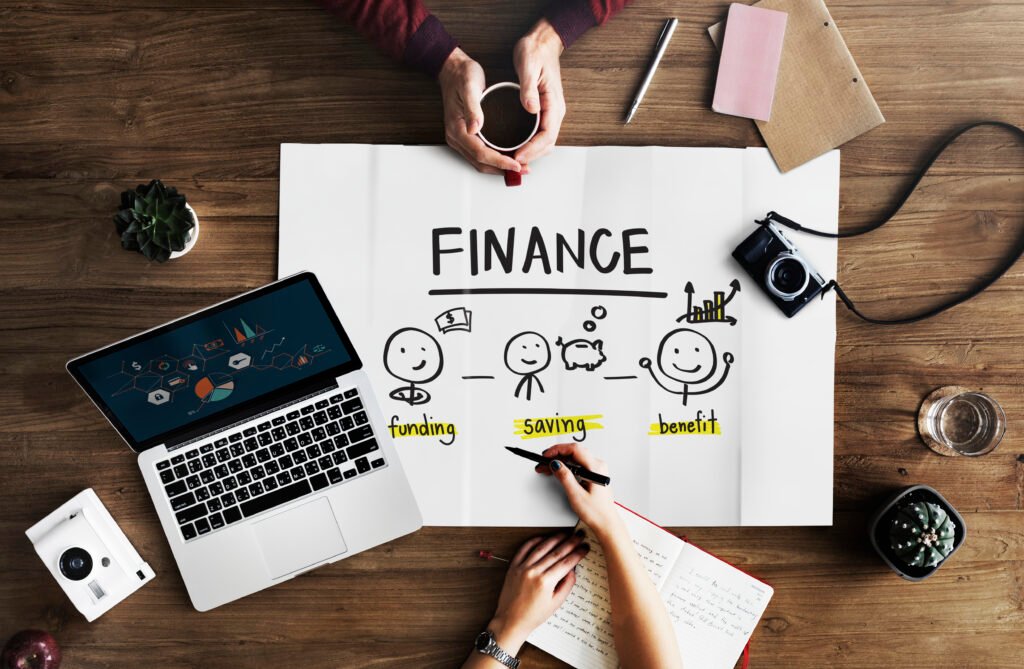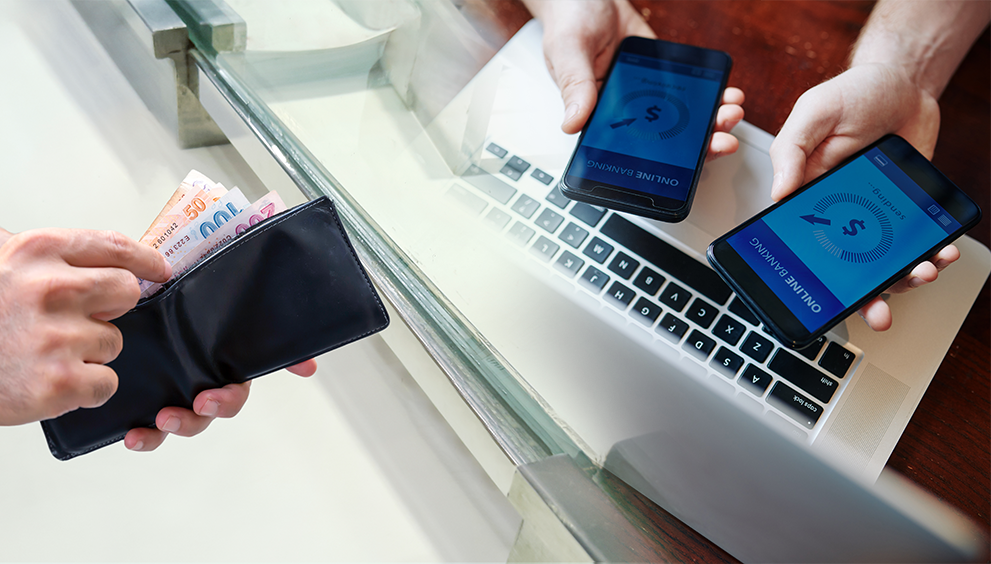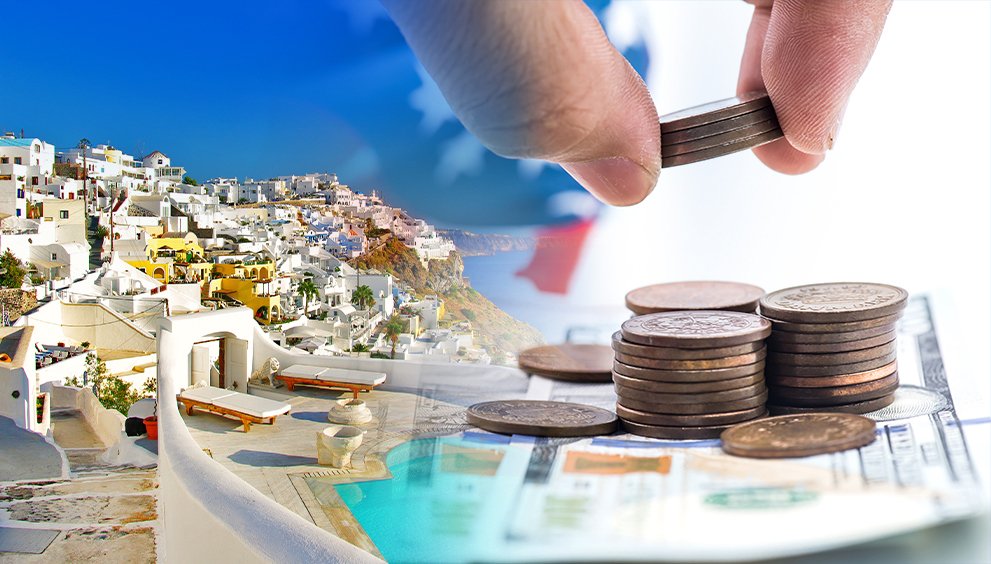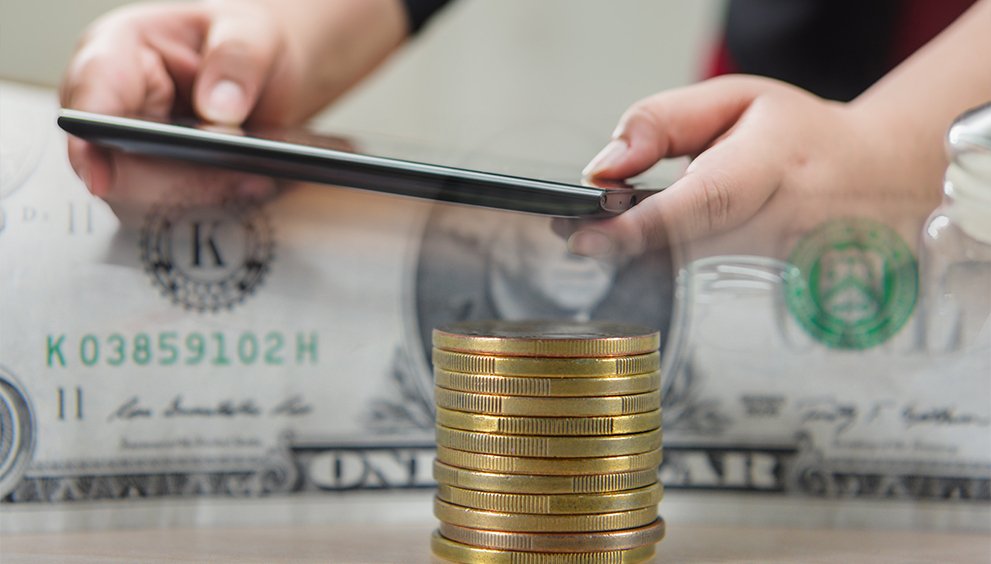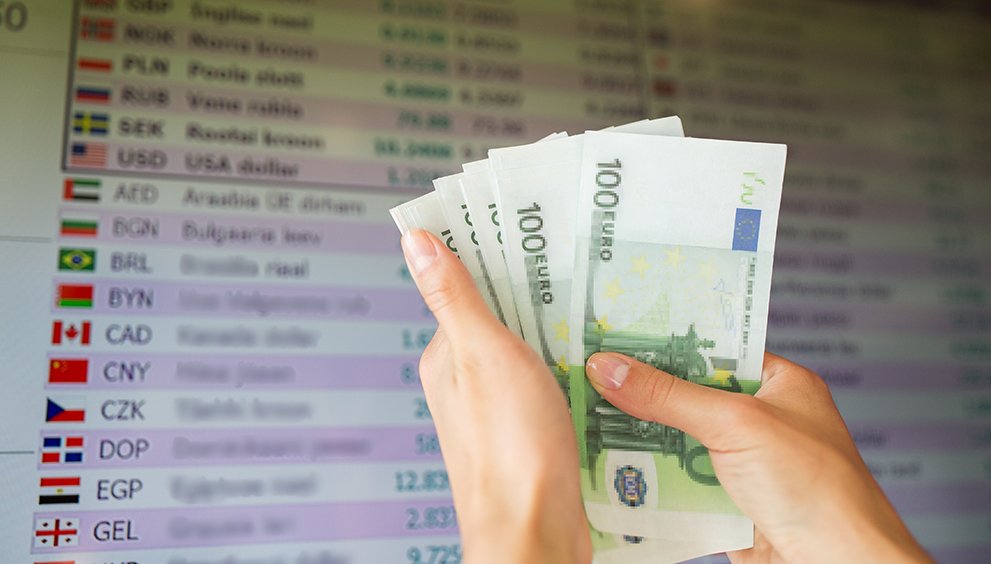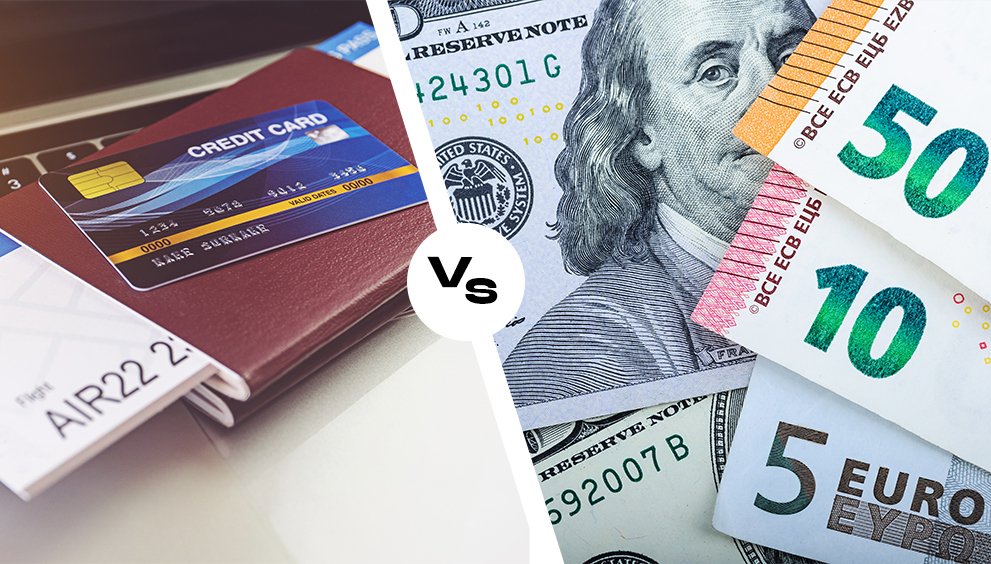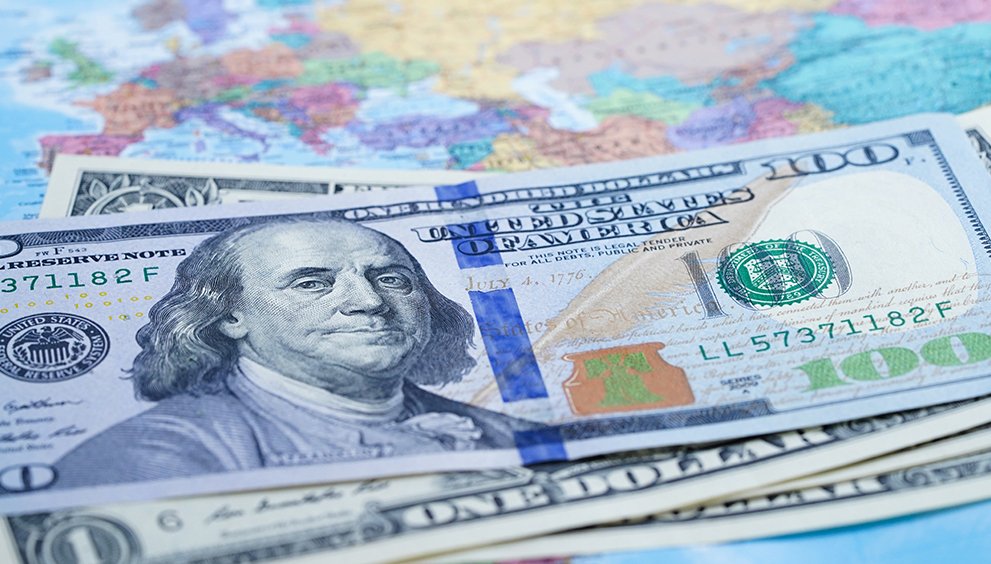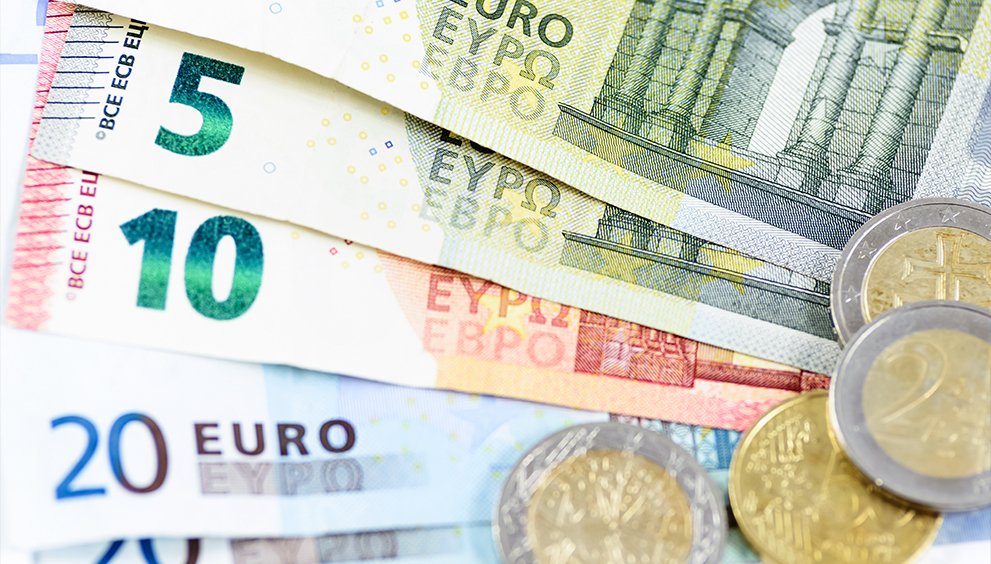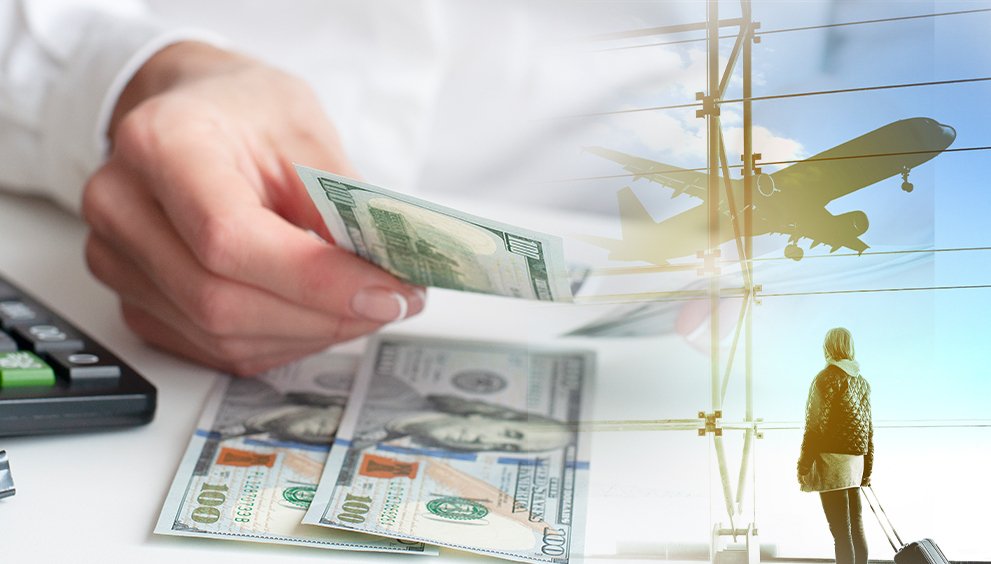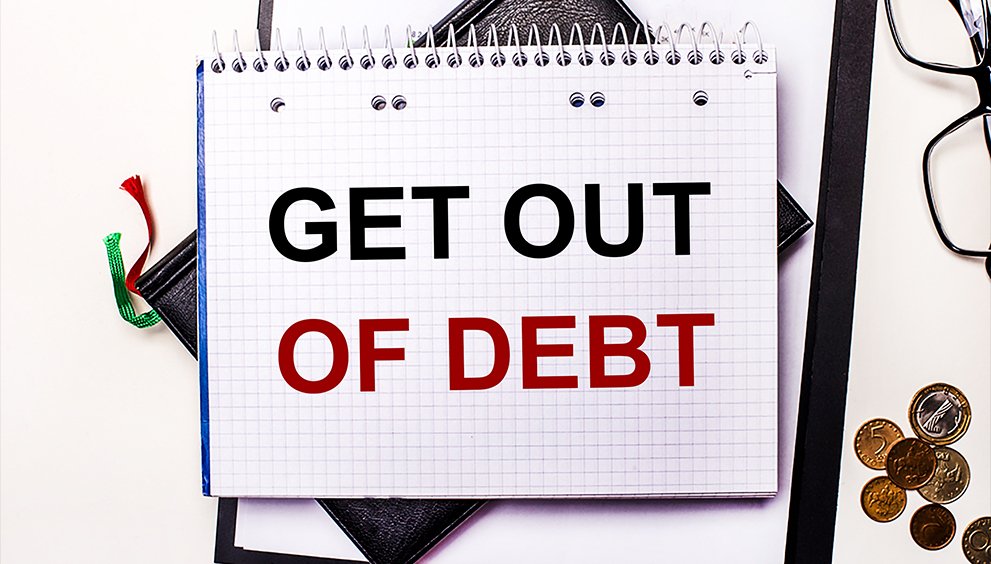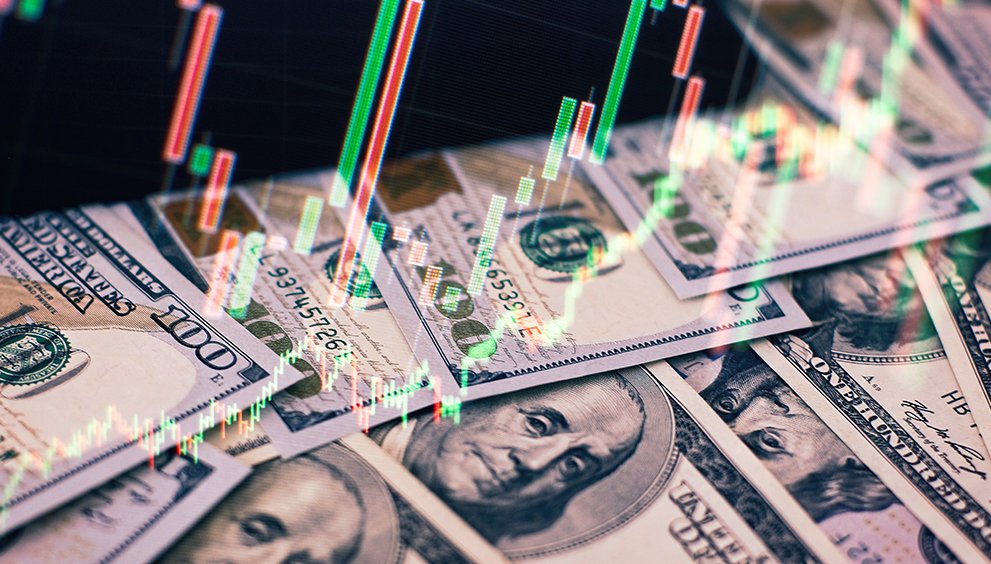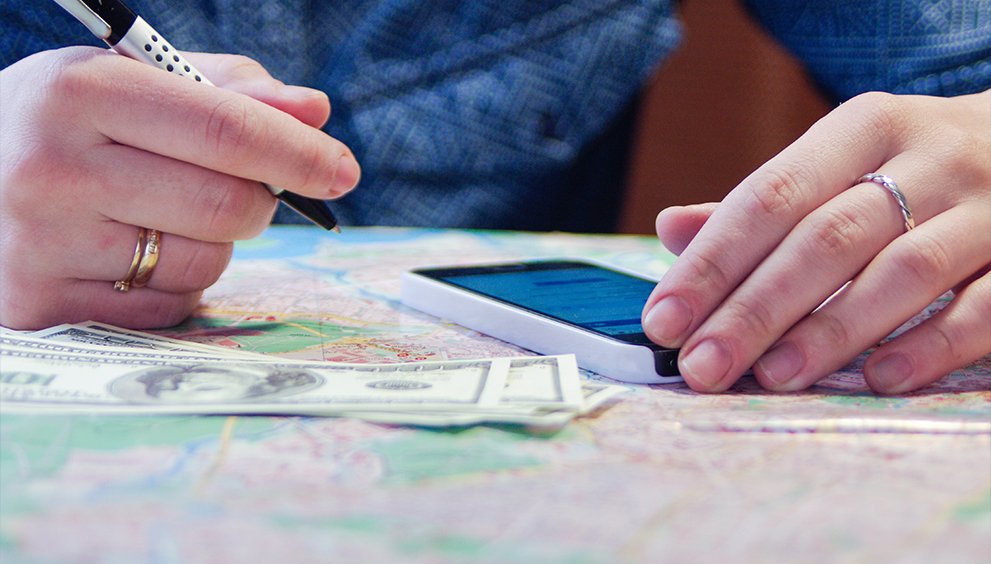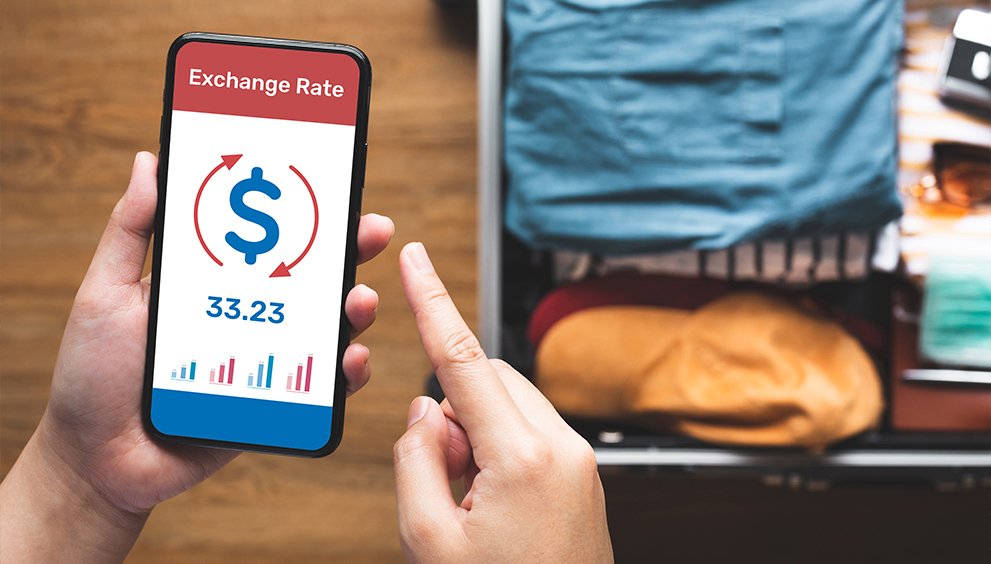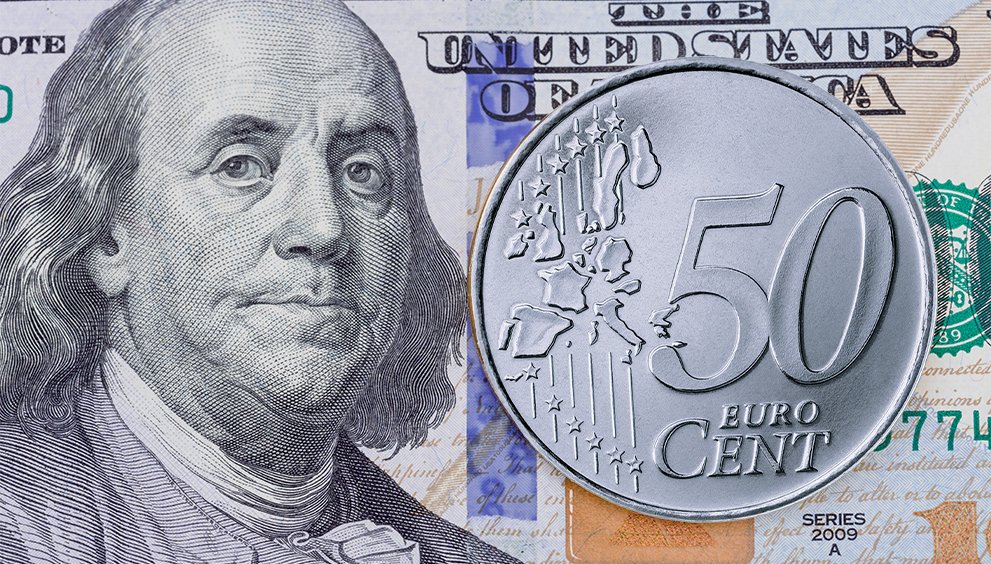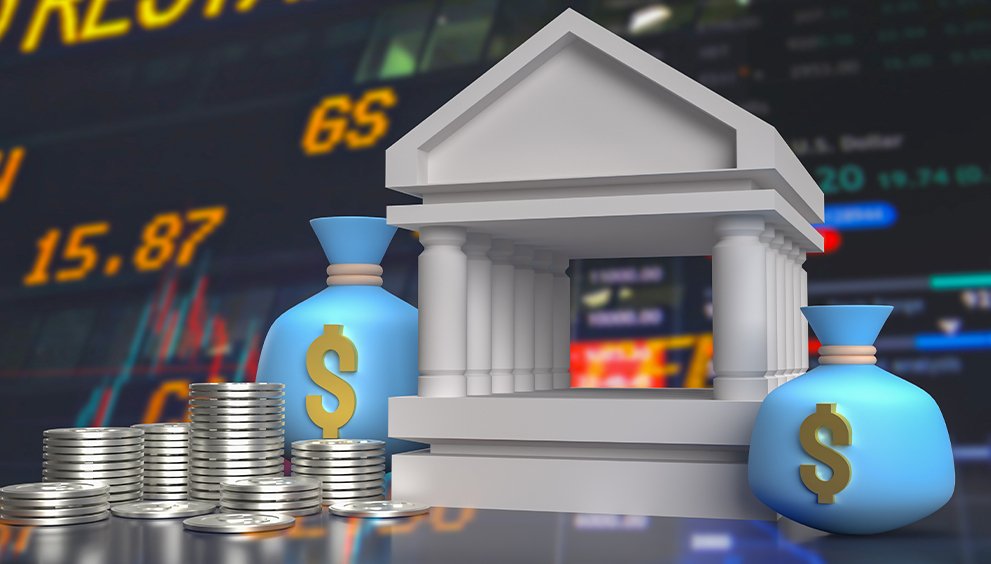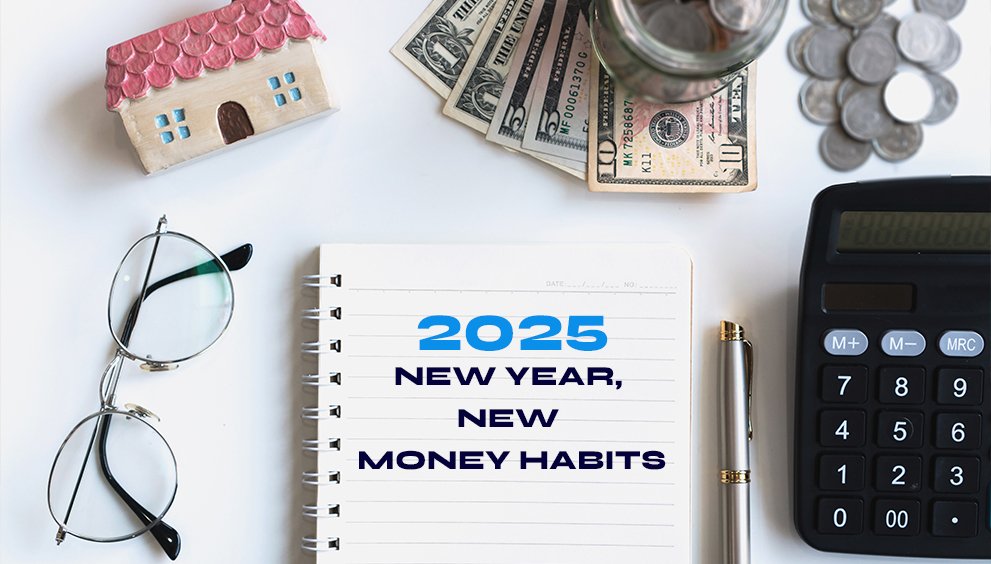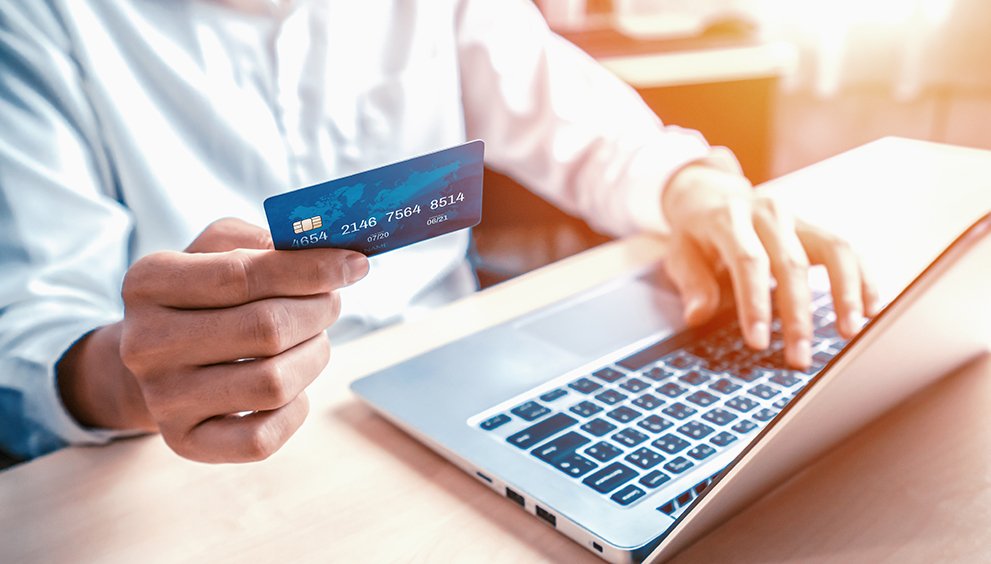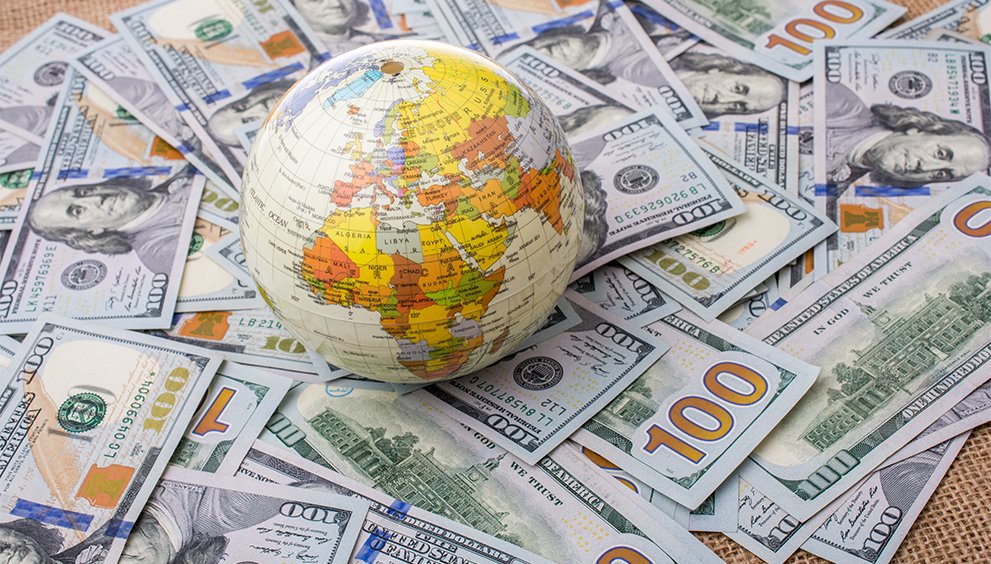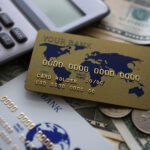Forex Card or Cash – Which is Best for an International Trip?
- May 25, 2022
- 0
- 10 min read
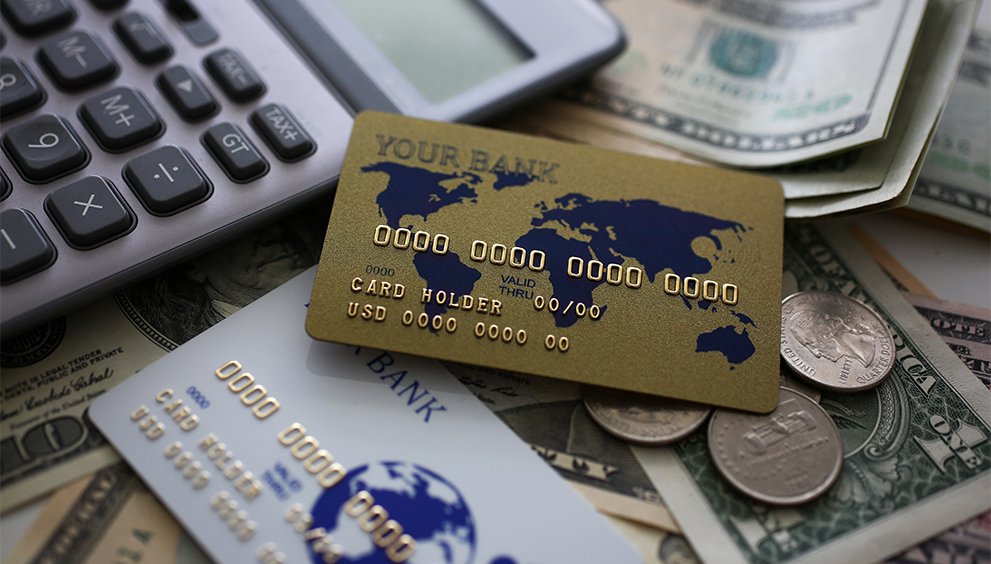
Planning an international trip? One big question you’ll need to answer is: how should you carry your money? Should you get a Forex card, rely on good old-fashioned cash, or maybe use a mix of both? Each choice has its ups and downs, depending on where you’re headed, what you’re comfortable with, and your overall travel vibe. In this guide, we’ll break down the differences, pros, and cons of forex cards and cash so you can decide what works best for you.
Understanding Forex Options for Travellers
What is a Forex Card?
A forex card is basically a prepaid travel card loaded with the foreign currency you need. It works just like a debit card—you can use it to pay for things abroad, take out cash from ATMs, and skip the stress of dealing with fluctuating exchange rates. Most banks and forex providers offer these cards in multiple currencies, which makes them super handy for frequent travellers.
Here’s why they’re a great option:
- You lock in exchange rates ahead of time, so no surprises later.
- Reloading is easy—just hop online and top it up whenever you need.
- It’s secure, thanks to PIN protection, so even if it gets stolen, your money stays safe.
Cash for International Travel
Carrying cash might be old-school, but it’s still a must in certain situations. Whether paying for a cab, leaving a tip at a restaurant, or shopping at small local markets, cash is universally accepted. It doesn’t depend on a card machine or internet connection to work.
Currencies like USD, EUR, or GBP are convenient since they’re widely accepted for exchanges in most countries. That said, how much cash you should carry depends on where you’re headed and how easy it is to find ATMs or use cards there.
Pros and Cons of Forex Cards
Advantages of Forex Cards
Forex cards are a go-to choice for many frequent travellers—and it’s easy to see why:
- Safety first: If your Forex card is lost or stolen, you can block it immediately to protect your money.
- Better exchange rates: You’ll usually get a more competitive rate than exchanging physical cash.
- Super convenient: These cards are widely accepted at most major cities’ hotels, restaurants, and shopping spots.
- Multi-currency friendly: You can preload funds in different currencies, which makes them perfect for trips that take you to more than one country.
Disadvantages of Forex Cards
However, forex cards are not without their downsides:
- Transaction fees: Small fees can apply when using your card for ATM withdrawals or certain transactions, and those can stack up if you’re not careful.
- Limited acceptance: In rural areas or developing regions, many local businesses might not take forex cards, so they’re not always a guaranteed option.
- Reload delays: If you run out of funds while travelling, reloading your card can take some time—especially if you don’t have reliable internet access.
Pros and Cons of Carrying Cash
Advantages of Cash
Cash comes with some undeniable perks that no digital option can fully replace:
- Accepted everywhere: Whether you’re shopping at a street market or a small-town store, cash works—no questions asked.
- No surprise fees: What you see is what you get. With cash, there are no transaction fees or extra charges.
Disadvantages of Cash
As handy as cash is, it does come with some big downsides:
- High risk: Carrying a lot of cash puts you at a higher risk of theft or losing it altogether—and once it’s gone, it’s gone.
- Unpredictable exchange rates: Exchanging cash while abroad can result in less-than-ideal rates, depending on where and when you exchange it.
Key Differences Between Forex Cards and Cash
Comparison of Security
Forex cards are safer than carrying a lot of cash. If your card gets stolen, your money is still safe—you can block the card and even get a replacement to access your funds. With cash, though, it’s a different story—once it’s gone, it’s gone for good.
Accessibility and Usage
Forex cards are super convenient in developed countries, but cash becomes essential when you’re in more remote or rural areas. For example, small vendors or local transport services in regions of Asia or Africa often only accept cash, so it’s good to have some on hand.
Costs and Fees Analysis
Fees Associated with Forex Cards
Forex cards do come with a few fees you should be aware of, like:
- Issuance and reloading fees
- ATM withdrawal charges
- Cross-currency transaction fees
- That said, these costs are usually lower than what you’d pay to exchange large amounts of cash, so they’re still a pretty budget-friendly option.
Costs of Using Cash
Currency exchange services often charge a commission or give you less-than-great rates. On top of that, carrying too much cash makes you an easy target for theft—which adds a whole other kind of “cost” you can’t ignore.
Choosing Based on Travel Destination
Forex Cards for Developed Countries
Forex cards are a great choice in developed countries where card payments are the norm. Places like the U.S., Europe, and Australia have solid card payment systems—you can use them everywhere, from hotels to taxis. Using a Forex card in these regions makes things easy and safe, plus you avoid the hassle of carrying too much cash.
In addition, most forex cards come with chip and PIN security, adding an extra layer of protection against fraud. This feature is especially helpful in urban, card-friendly destinations where your card is more widely accepted.
Cash for Remote or Developing Countries
On the other hand, cash is often your best bet in developing or remote areas where digital payments aren’t as common. In countries across Southeast Asia, Africa, or South America, you’ll find plenty of businesses, street vendors, and local transport services that either prefer cash or only accept it.
For these regions, it’s smart to carry the local currency in smaller denominations—it’s just more practical. But make sure to exchange your money at a trusted source, as local exchanges might hit you with high commissions or bad exchange rates.
How to Use Forex Cards Effectively
Tips for Maximising Forex Card Benefits
To get the most out of your forex card, a little smart planning goes a long way:
- Load it early: Exchange rates can change daily, so loading your card when the rates are in your favour can help you save some cash.
- Pay in the local currency: When using your card abroad, always choose to pay in the local currency instead of your home currency. This helps you avoid dynamic currency conversion (DCC) fees, which are usually higher.
- Track your spending: Use online banking or mobile apps to monitor your usage so you don’t accidentally overdraw the card.
Common Mistakes to Avoid
To keep your Forex card experience smooth and stress-free, avoid these common mistakes:
- Relying too much on ATMs: Sure, forex cards let you withdraw cash, but using ATMs too often can rack up withdrawal fees pretty quickly.
- Skipping the fine print: Don’t ignore the card’s terms and conditions—things like fees, usage rules, or expiration dates. Overlooking these can leave you with unexpected costs.
- Forgetting about transaction limits: Some cards have daily or per-currency limits, which can be a hassle if you don’t plan ahead.
- Being aware of these potential pitfalls can save you time, money, and headaches on your trip!
Real-Life Scenarios and Case Studies
Scenario 1: Urban Traveller in Europe
Anna was travelling across Europe and had loaded her Forex card with euros before her trip. She used it to pay for hotels, meals at restaurants, and even public transportation. Thanks to the card’s competitive exchange rates, she saved money compared to exchanging cash, and she loved the convenience of not having to carry a lot of cash around.
But, during her time in rural France, Anna ran into a problem—some small shops only accepted cash. It was a good reminder that no matter how useful a forex card is, it’s always smart to carry a mix of both cash and card when travelling.
Scenario 2: Backpacker in Southeast Asia
Sam, a backpacker exploring Southeast Asia, decided to rely entirely on his forex card for his month-long trip. It worked great in big cities like Bangkok and Kuala Lumpur, where card payments are common. But things got tricky when he reached remote villages in Cambodia, where cash was the only way to pay for anything.
That experience taught Sam an important lesson: rural areas often don’t have the infrastructure for card payments. It’s always a good idea to carry enough local currency to cover basic expenses, especially when travelling off the beaten path.
Final Verdict: Forex Card or Cash?
Choosing between a Forex card and cash really comes down to where you’re going, how you like to travel, and your spending habits. Here’s a quick breakdown to help you decide:
- Go with a forex card if:
• You’re heading to developed countries or cities where card payments are widely accepted.
• You want a safer option and prefer not to carry large amounts of cash. - Stick with cash if:
• You’re travelling to remote areas or regions where cards aren’t commonly accepted.
• You’ll be making small purchases, like street food or local transport.
For the best of both worlds, it’s smart to carry both. Use your Forex card for most expenses, but keep some cash on hand for those moments when cards just won’t cut it.
Conclusion
Travelling abroad comes with plenty of financial decisions, and choosing between a forex card and cash is one of the big ones. Both have their pros and cons, so the right choice really depends on where you’re going and what you need.
Forex cards are great for convenience, safety, and getting better exchange rates—especially in developed countries. On the other hand, cash is a lifesaver for small purchases and when you’re in rural aedreas where cards might not work.
By understanding the strengths and limitations of each, you’ll be able to plan your finances confidently and focus on having an enjoyable, stress-free trip.
FAQs
Can I use a Forex card to pay all expenses abroad?
Not always. While forex cards are widely accepted in urban areas and developed countries, some smaller businesses or remote locations may only accept cash.
What happens if I lose my Forex card while travelling?
Most Forex card providers offer emergency assistance. You can block the card and request a replacement or access emergency cash from customer support.
Is it better to exchange cash in my home country or abroad?
Exchanging cash in your home country is usually safer and provides better rates than airport or local currency exchanges abroad.
Are forex cards accepted everywhere?
No, forex cards are not universally accepted. Always check if your destination has adequate card infrastructure and carry some cash as a backup.
How much cash should I carry for an international trip?
The amount depends on your destination. For developed regions, carry enough for emergencies or small purchases. For remote areas, ensure you have enough to cover essential expenses.



 English
English 